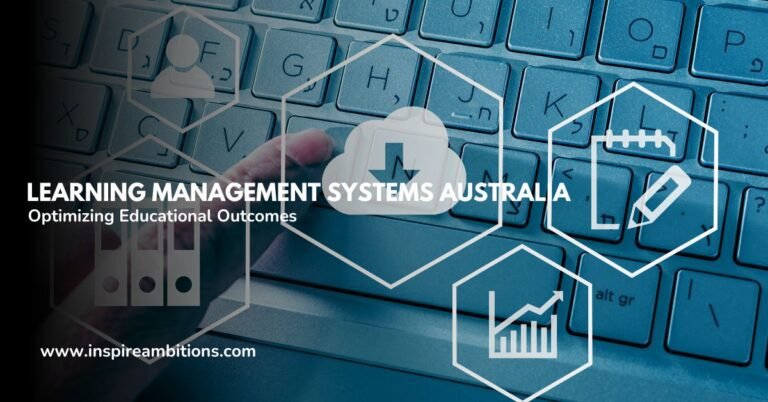Employee and Employer Responsibilities – Understanding Mutual Workplace Duties
Understanding the roles and responsibilities within the employment relationship is crucial for both employees and employers. It sets the foundation for a productive and harmonious workplace.
As an employee, you bring your skills and labour to the table while your employer provides compensation and a work environment where those skills can be utilized.
Employers are tasked with ensuring a safe and healthy workplace, which includes everything from adhering to Occupational Safety and Health Administration standards to providing the agreed-upon salary and benefits as outlined by sources such as 的确.
On the flip side, employees have the responsibility to perform their jobs to the best of their abilities and to follow the guidelines and expectations that accompany their roles.
It is essential for you, whether you’re an employer or an employee, to not only understand but also fulfil your responsibilities. This alignment contributes to the betterment of the organization as a whole and ensures a constructive and ethical work environment.
Employee and Employer Rights and Responsibilities
In a professional setting, you and your employer have defined rights and responsibilities meant to foster a safe, fair, and productive work environment. These guidelines are crucial for ensuring that the workplace runs efficiently and that everyone involved is treated with respect.
Essential Duties and Roles of Employers
Under OSHA standards, employers are tasked with creating a safe work environment free of recognized hazards. They must adhere to health and safety regulations and provide necessary personal protective equipment (PPE). Key employer responsibilities include:
- 健康和安全: Implementing a safety and health program that addresses potential workplace hazards and ensures compliance with 职业安全与健康管理局法规.
- Training and Development: Offering comprehensive training for employees, which contributes to 专业发展 and helps maintain a positive work environment.
- Fair Compensation: Ensuring employees receive fair compensation, 包括 wages 和 好处 例如 健康保险, in line with their employment contract.
- Work Environment: Cultivating a workplace culture that promotes a positive employer-employee relationship and prevents employment discrimination.
Essential Duties and Roles of Employees
Employees have the role to perform assigned tasks to the best of their ability while adhering to company policies and maintaining professionalism. Essential duties include:
- Job Duties: Completing tasks effectively as specified in your employment contract and contributing to company goals.
- Adherence to Rules: Following workplace rules 和 政策, including those related to health and Safety, confidentiality, and respect in the workplace.
- Professional Growth: Seeking opportunities for 专业发展 and accepting 反馈 to improve job performance.
- 健康和安全: Taking part in any required medical examinations 和 safety training and reporting work-related injuries or unsafe conditions to management.
Remember, both you and your employer are part of a team working towards mutual success, where your rights are protected, and your responsibilities are crucial to maintaining a respectful and efficient workplace.
Promoting a Safe and Productive Workplace
“An ounce of prevention is worth a pound of cure,” especially in the context of fostering a safe and productive work environment.
健康和安全 First and foremost, employers are tasked with the legal and ethical responsibilities to ensure that their work environment is safe from recognized hazards.
This means conducting safety audits,提供 protective equipment, ensuring that avenues for open 沟通 are available, and addressing concerns in a timely manner.
- Safety Training: Regularly scheduled training sessions are essential. This not only develops 技能 but also ensures that every employee understands their duties to maintain Safety.
- Tools and Equipment: The right tools need to be in place. It is your right to have access to equipment that will not compromise your health or Safety.
- Policies and Procedures: Written guidelines should clearly outline the proper procedures for safe working, conflict resolution, 和 deductions related to payroll. Your understanding of these procedures is crucial for job security and 工作与生活的平衡.
Productivity and Satisfaction A healthy environment goes beyond physical Safety; it also encompasses the growth and learning opportunities provided to employees.
- Collaboration and Consultation: 你的 教育 和 经验 are valuable. Thus, regular consultation with authority figures should be encouraged to foster cooperation 和 职业成长.
- Work Environment: Respect and protection are essential. You deserve a 工作环境 where you can carry out your working duties without fear of disrespect or harm.
Pay and Growth The road to a safe workplace is a two-way street where both parties benefit.
- Education and Training: Emphasis on continuous learning, which could lead to better pay 并增强 job security.
- Respect and Authority: A balance between 尊重 for one’s role and authority is crucial for a productive workplace.
Embedding these practices into the workplace culture not only increases 生产率 but also employee 满意 和 ethical responsibilities. Moreover, these efforts towards a safe working environment will likely lead to fewer injuries, improved 士气, and a positive company image.






